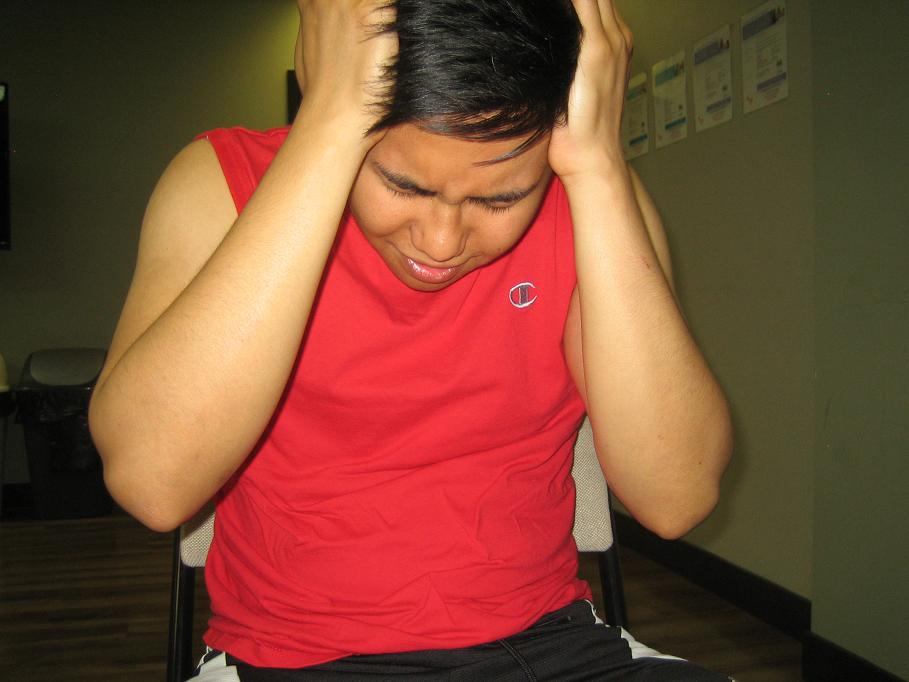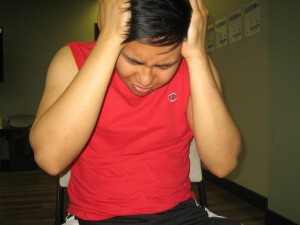Tension headaches are characterized as an uncomfortable, tightened band around the head which are common in both children and adults. There are 2 forms of tension headaches – episodic (several headaches in a month) and chronic (15 or more headaches in a month).
Based on studies, these headaches do not have a genetic link, but based on recent research, it indicates that some individuals particularly those who suffer from frequent headaches might have specific genes that can affect their headaches.
What are the signs and symptoms?
When it comes to tension headaches, the common signs and symptoms include the following:
- Pain on both sides of the head
- Concentration difficulties
Pain that is similar to a tightening band with an aching, dull or pressing sensation - Pain that is similar to a tightening band with an aching, dull or pressing sensation
- Tight muscles in the neck and shoulder area
- Mild to moderate pain along with tenderness of the head
- Increased sensitivity to noise or light but not to both at the same time
The pain triggered by this form of headache can last for up to 30 minutes up to 7 days. Some children will have difficulty sleeping or even wake up earlier than usual. In some cases, the pain can only occur on one side of the head.
What are the risk factors?
When a child experiences tension headaches, the episodes can be triggered by various factors. These triggers vary from one child to another and includes the following:
- Missing out meals
- Irregular sleep pattern or not getting enough sleep
- Exposure to bright lights
- Issues with self-image
- Cigarette smoking including second-hand smoke
- Separation or death of a loved one
Treatment
If a tension headache can be alleviated by relaxing, applying an ice pack, taking a warm bath or taking a nap, that is the course of action. These measures can work in some cases.
In case these measures are not effective, the doctor is likely to recommend medications that starts with over-the-counter analgesics and moving on to prescription medications. Those that contain aspirin are not recommended for children below 14 years old due to the possibility for Reye’s syndrome which is a complication. Some of the commonly used medications include the following:
- Aspirin
- Naproxen
- Acetaminophen
- Ibuprofen
- Ibuprofen-caffeine combinations
- Aspirin-caffeine combinations
- Indomethacin
In case the child starts to experience the headaches frequently, the doctor might prescribe medications for prevention. Remember that finding an effective preventive therapy will not happen overnight. A trial usually takes up to 6 months under the supervision of a doctor. The individual should keep a diary during this period.
Aside from medications, stress management and counseling are also useful for children especially teenagers. Adults often forget how stressful those years are of high expectations and peer pressure.
Other treatment options that are effective include relaxation techniques and biofeedback.


